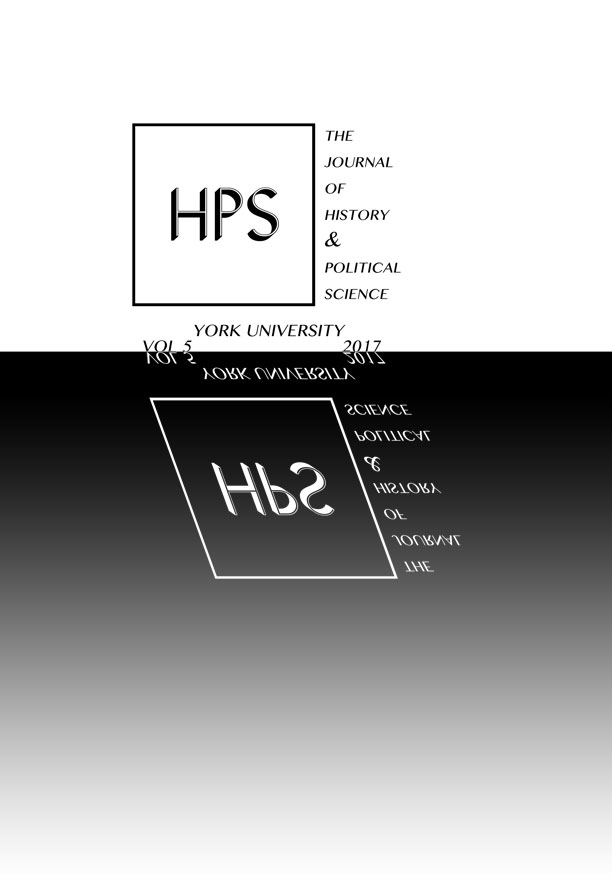The Sharing Economy as Primitive Accumulation: Locating the Political-Economic Position of the Capital-Extractive Sharing Economy
DOI:
https://doi.org/10.25071/2291-3637.40227Abstract
There has been much debate in the columns of newspapers as to how we should understand the sharing economy, but as yet, much of the debate is largely superficial, garnering little attention in terms of rigorous academic analysis. In this paper, I argue that the rise of the capital-extractive sharing economy model employed by companies like Uber and Airbnb cannot be understood outside of the political-economic context from which it emerges. Drawing on the work of Marxist scholars like David Harvey, I analyze such models through the lens of primitive accumulation, positioning their development as positive evidence of Harvey’s theory that capitalism seeks to colonize new spheres of social life in order to offload the tensions of its own internal conflicts; in this case, labour market insecurity. Further, I argue that the rise of the capital-extractive sharing economy should be recognized as constituting a further entrenchment of the global neoliberal project, particularly as it stands to affect union organizing, force deregulation in favour of free market fundamentals, and further deepen the labour market insecurity from which it rises in the first place.Downloads
Published
2017-06-01
How to Cite
Fairweather, C. (2017). The Sharing Economy as Primitive Accumulation: Locating the Political-Economic Position of the Capital-Extractive Sharing Economy. HPS: The Journal of History and Political Science, 5. https://doi.org/10.25071/2291-3637.40227
Issue
Section
Political Science

